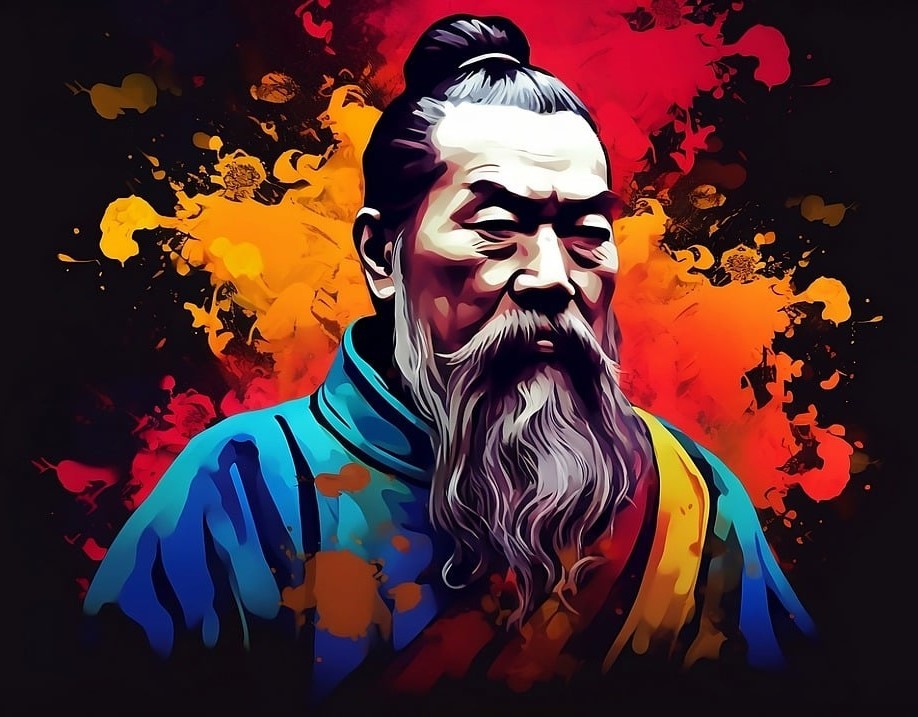Confucius, or Kong Qiu or Kongzi in Chinese, was born in the state of Lu in 551 BCE, in what is now Shandong Province, China. Known as a philosopher, teacher, and political figure, Confucius’ ideas continue to influence Chinese civilization to this day.
Early Life and Education
Born into the family of a nobleman of only modest means, paternal death in early childhood led to the impoverishment of Confucius’ relatives. Nonetheless, the future thinker was desperate to receive an education. Confucius became familiar with the classics and ritual studies that were central to the education of a young nobleman in ancient China. Thanks to his intelligence and diligence, the future teacher became known for his wisdom and understanding.
Teaching Career
His subsequent career was aimed at becoming a teacher and political adviser, as Confucius desired to help the authorities and society get out of the abyss of chaos and the moral decline of that time. The philosopher traveled a lot throughout the states of China and communicated with rulers, training a small group of disciples, and teaching them.
Key Concepts
Confucius’ main teaching comprises of concepts such as ethical principles, right behavior, and the formation of virtue: ethical character and individual integrity. The philosopher defined ethical virtues such as benevolence, righteousness, propriety, wisdom, and honesty. He said that they were essential for creating a social order and a harmonious society.
Among the favorite philosopher’s formulas belongs the “Golden Rule,” “What you do not wish for yourself, do not do to others.” It means the human’s ability to empathize, show compassion, and mutual assistance in times of need.
In addition, the philosopher highly respected filial piety, i.e., respect for parents, and ancestors. Confucius believed that family honor and propriety were the foundation of society and could prevent crimes and evil.
Political Philosophy
Confucius’s book Earthbound or human-heartedness says that a good government is based on the moral cultivation of its leaders. Instead of governing by coercion or force, rulers must govern their subjects with benevolence and compassion. Confucius argued that a meritocracy should exist in which the officials who served a ruler were selected for their virtue and ability rather than their family connections or social status.
Legacy
Although Confucius’s ideas were not well received in his lifetime, they began to gain acceptance in Chinese society after his death. His teachings were compiled into an influential text called Analects. Confucius’s philosophy, dubbed Confucianism, eventually became the official state ideology of China. During the Han Dynasty (206 BCE-220 CE), where it remained the dominant cultural influence in Chinese history.
Confucianism went on to dominate all aspects of Chinese life, from politics to the family structure and social relationships. Confucius’s philosophy also had an impact outside of China’s borders. Korea, Japan, and Vietnam all mention Confucianism as having a significant impact on the social and societal lives of these countries.
Death
Confucius passed away in 479 BCE at the age of 72. Despite opposition and even death threats throughout his life, his ideology and ideas have continued to influence human thought and behavior. Confucius is remembered as one of history’s greatest philosophers and someone whose guidance can aid those seeking wisdom and virtue.

